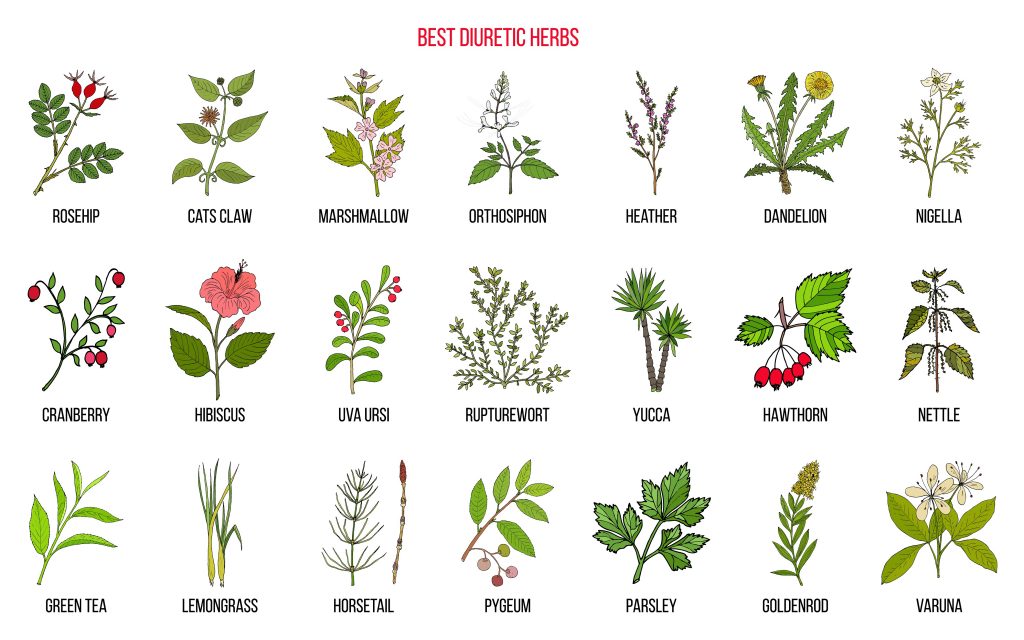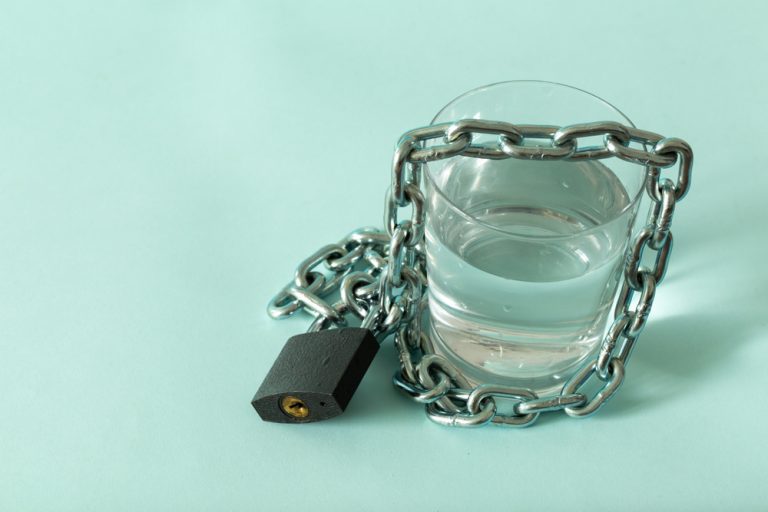The retention of water in the body can be a nasty nuisance, especially during the winter. At this time of year, the body accumulates water with increased intensity. Excess of water in the body is usually a result of insufficient hydration because the body protects itself against dehydration. Therefore, during hot weather, we should drink more than before. The whole paradox of excess water in the body is that the less water you drink, the more water your body retains.
What is body water retention
As we mentioned earlier, excess water in the body comes from too low a fluid intake. If there is not enough water in the body, then this is a sign that the body cannot get rid of the excess fluid to protect itself from dehydration. Water retention is characterised by a number of symptoms, which can occur separately or together.
The first is a sudden arrival on the scales - if your diet and activity have not deteriorated, and yet you have gained kilograms overnight, you can be sure that your body has accumulated water. Another symptom is the difficulty in losing weight if you have changed your diet to a healthier one and increased physical activity, and your weight is standing still, the reason of it may be the excess amount of water in your body. Another symptom is swelling, usually around ankles, and general swelling - especially around the thighs and abdomen. Another symptom of water retention can be a bloated abdomen just after a meal.
Methods for disposal of excess water in the body
Increase the fluid intake
This is the basic principle of the fight against water accumulation. The amount of water intake should be increased to mines. 2 litres of liquids per day. A good way is to drink 1 glass of water every 1 - 2 hours during the day, it will facilitate proper hydration. Remember also that tea or coffee is not included in the minimum amount of liquids needed for hydration. Coffee additionally dehydrates the body, so you should drink 1 cup of water after each cup. If you implement the first method, your body should never accumulate water again.
Drink herbal infusions
This method speeds up the removal of excess water from the body. The best results are achieved by drinking 1 - 2 cups of nettle tea, parsley, cranberry or field horsetail. You can see the first effects even after one day, and after a week of drinking infusions, you will forget about swelling and unwanted kilograms.

Move more
Increasing physical activity helps to regulate water management. Physical exercise, even a walk, makes the blood vessels dilate, so they are able to expel more water from the body. Moreover, the sweat that occurs during physical activity helps to remove sodium from the body, the excess of which is also associated with water retention in the body.
Reduce salt and salty snacks
As I mentioned earlier, the excessive sodium present in the salt is good for retaining water in the body. Sometimes it is enough to reduce the amount of salt and the products that contain it to get rid of swellings. If you are a frequent visitor to your menu and you have salty foods, chips, fast food, nuts or powder soups, first reduce their consumption or simply give them up completely.
Eat fruit and vegetables
Change your diet and bring in lots of legumes, fresh vegetables and fruit. Legumes contain a lot of potassium, which neutralizes the effects of sodium, and also contain a lot of fibre and protein, which effectively satisfy hunger and reduce the desire to eat unhealthy snacks such as candy bars or crisps. Watermelons, cherries, cucumbers, lemons, cranberries, strawberries or tomatoes show diuretic effects, which accelerates the removal of excess water from the body.
Summary
We hope that this advice will help you to deal with the rather cumbersome retention of water in your body. How tiring it can be, only those who have experienced it even once know. If you want to avoid this, make these methods into your practice and you will be sure that you will never experience the excessive accumulation of water in your body.






